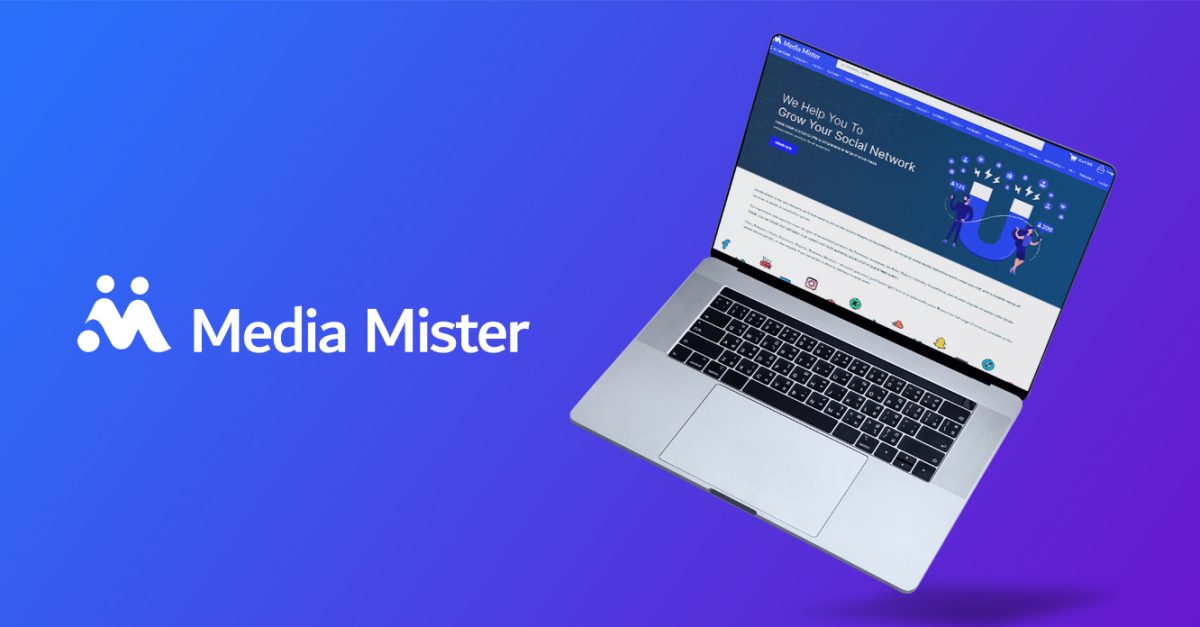Recently, the way we learn has changed a lot due to online classes and eLearning websites. Cloud computing, which is a big deal in the computer world, has also made a big difference in eLearning. In this article, we’re going to talk about how cloud computing has grown and how it’s changing eLearning.
AI, or artificial intelligence, is being used more in many jobs. When we use AI in online learning, it doesn’t take the place of teachers, instead, it makes learning and teaching better. AI is helpful not just in eLearning, but in other areas as well. This makes us wonder if our current learning websites are good enough to teach a lot of different people the new skills they need for a future with more AI.
Learning providers need to change and get better. They need to be strong, change easily, and be ready to meet the needs of teaching millions of new skills. The good news is, there are learning websites that are already doing this.
We” look at why AI-based learning systems are good, what important things they should have, and we’ll point out great free and paid online courses to start Digital Marketing adventure with.
What is E-learning?
E-learning refers to a method of education that utilizes digital resources and platforms to facilitate learning. It typically involves online courses, webinars, and interactive learning modules accessible through the internet. It’s known for its flexibility, enabling learners to access materials at their convenience, whether it’s through video lectures on YouTube or educational podcasts.
Interactive elements such as quizzes, discussion forums, and digital assignments are common features, enhancing engagement and understanding. E-learning has gained immense popularity, especially for professional development.
What are AI-based learning platforms?
Nowadays, there are plenty of great education software development companies, which offer outstanding learning opportunities. Essentially, this AI-enhanced platform employs algorithms for learning, analysis, and decision-making. These algorithms, rooted in machine learning and deep learning, draw insights and predictions from extensive data. A key feature of such a platform is adaptive learning, which uses AI algorithms to offer personalized learning experiences based on skill-based recommendations. It automates daily tasks and workflows, freeing up L&D teams to concentrate on tasks needing human interaction.
Adaptive learning also employs data analytics to monitor learner progress and tailor learning experiences to individual upskilling needs.
Best AI-Based Learning Platforms
The best AI-based learning platforms are revolutionizing the educational landscape by offering personalized and efficient learning experiences.
Platforms like Coursera and Udemy use AI to provide e-learning courses designed to fit individual learning styles, making education more engaging and effective. Duolingo, an AI-driven language learning app, adapts its lessons based on user progress, providing a customized learning path for each individual. This specialized approach within the realm of mobile app development ensures that each user benefits from a tailored and optimized language learning experience through their mobile device. LinkedIn Learning leverages AI to suggest relevant courses and skills, helping professionals stay ahead in their careers. But there are many other platforms that provide valuable insights and personalized learning experience.
With no doubt, an AI learning platform is making learning more adaptive, interactive, and accessible to a global audience.
AI in Digital Marketing: Online Courses
AI in digital marketing education is changing how marketing professionals learn and adapt to new technologies. Currently platforms like HubSpot Academy offer comprehensive digital marketing courses, integrating AI to provide personalized learning experiences and real-time feedback. AI-driven analytics in these courses help learners understand consumer behavior and digital trends more effectively. Through AI, students can engage in simulated marketing scenarios, gaining hands-on experience in a controlled environment. The use of Artificial Intelligence in these educational platforms also means that course content is continually updated, so you can be sure you are up to date with latest industry developments, the most current knowledge and skills in digital marketing. Overall, AI in digital marketing education is making learning more interactive, relevant, and tailored to the needs of each individual learner.
Here are more examples of paid and free online marketing courses:
CareerFoundry Digital Marketing Program:
CareerFoundry offers both a free 5-day short course and a comprehensive full program in digital marketing. The full program, which costs $6,900, includes mentorship and a job guarantee, ideal for those serious about a career in digital marketing. It covers all fundamental skills, tools, and processes required to become an expert in the field. The program is self-paced, with the option to complete it in 4 months full-time or 7 months part-time, making it a flexible choice for learners with different schedules.
LinkedIn Learning Become a Digital Marketing Specialist Course:
This course on LinkedIn Learning is perfect for beginners curious about digital marketing but not ready to commit to a paid program. It’s a collection of bite-size video tutorials totaling 20 hours across 11 courses, covering basics like SEO, Google Ads, and social media marketing. The course is free, with an option for a monthly subscription for more in-depth content. It’s an excellent introduction to digital marketing fundamentals, offering enough insight to help learners decide which areas to explore further.
Google Fundamentals of Digital Marketing:
Google’s free course is ideal for small business owners or those looking for a career change, offering a more consistent learning experience. Over 26 modules and 40 hours, it covers the basics of digital marketing, from content creation to basic analytics. The course includes bite-size videos and quizzes, culminating in a final exam that grants a digital certification. This course is not only free but also accredited, adding value to your professional profile.
Udemy Complete Digital Marketing Course:
Priced at $149.99 (with frequent discounts), this course on Udemy is ideal for beginners, employees, or small business owners looking to upskill. It combines videos, quizzes, sample projects, and checklists to build skills in the full digital marketing lifecycle. The course is practical, aiming to provide hands-on experience in applying digital marketing techniques. With 22.5 hours of content, it’s a comprehensive and affordable option for those starting in digital marketing.
Cloud-Based eLearning Solutions
The concept of enterprise cloud computing has been known for quite a while now, but did you know that cloud-based solutions can be used in learning as well?
Cloud-Based eLearning Solutions refer to educational services and resources delivered over the internet using cloud computing technology. How does it work? Users are provided with access to shared resources, software, and information on demand, regardless of their location. The benefits of cloud-based eLearning are numerous. One of them is surely scalability, which allows eLearning platforms to easily accommodate an increasing number of users without the need for additional physical infrastructure. What’s more, it provides customization options, enabling educational institutions to tailor eLearning platforms to meet specific course requirements and learning objectives. Thirdly, cloud-based solutions are cost-effective, as they typically require less hardware and result in lower maintenance costs compared to traditional learning systems. You can also expect accessibility, which means learners have access to course materials and collaborate with peers from any location with an internet connection, thus making education more flexible and inclusive.
What Are the Examples of E-learning Solutions?
Learning Management Systems (LMS) like Moodle:
Moodle is a widely-used, open-source LMS that operates on a cloud-based platform. It allows educators to create and manage online courses, providing tools for uploading content, conducting assessments, and facilitating discussions. Students can access course materials, submit assignments, and interact with peers and instructors, all through the cloud. Moodle’s flexibility and scalability make it a popular choice for educational institutions of all sizes.
Content Delivery Networks (CDNs) for eLearning:
CDNs are specialized cloud-based platforms designed to efficiently distribute eLearning content, such as videos, audio, and interactive modules, to a global audience. They work by caching content on multiple servers around the world, ensuring that learners can access materials quickly and reliably, regardless of their location. This reduces latency and improves the overall user experience, making CDNs essential for large-scale online education providers.
Virtual Classrooms like Zoom:
Virtual classrooms, such as Zoom, leverage cloud technology to create interactive, real-time learning environments. How can they help you in online education? They provide live video conferencing, screen sharing, and digital whiteboarding, allowing educators and students to engage as if they were in the same physical space. Zoom’s cloud-based nature ensures accessibility from various devices and locations, making it a versatile tool for synchronous online learning and collaboration.
Wrapping Up: Artificial Intelligence in Learning Experience
AI learning platforms represent a significant leap forward in educational technology, offering unparalleled scalability and flexibility. These platforms can effortlessly adapt to the growing number of users, making them ideal for both small-scale personal learning and large-scale institutional education. The flexibility of AI in customizing learning experiences to individual needs and preferences is a game-changer, ensuring that education is not one-size-fits-all but a tailored journey for each learner.
Will Artificial Intelligence take over e-learning? AI won’t take over eLearning completely, but it will change how we learn online. AI can help make learning more personalized and efficient. It can do things like grading and answering questions, but it won’t replace human teachers. Teachers are still important for guiding students, and giving in-depth explanations. AI-based eLearning platforms stand poised to redefine the boundaries of education, making learning more accessible, engaging, and effective for everyone.






